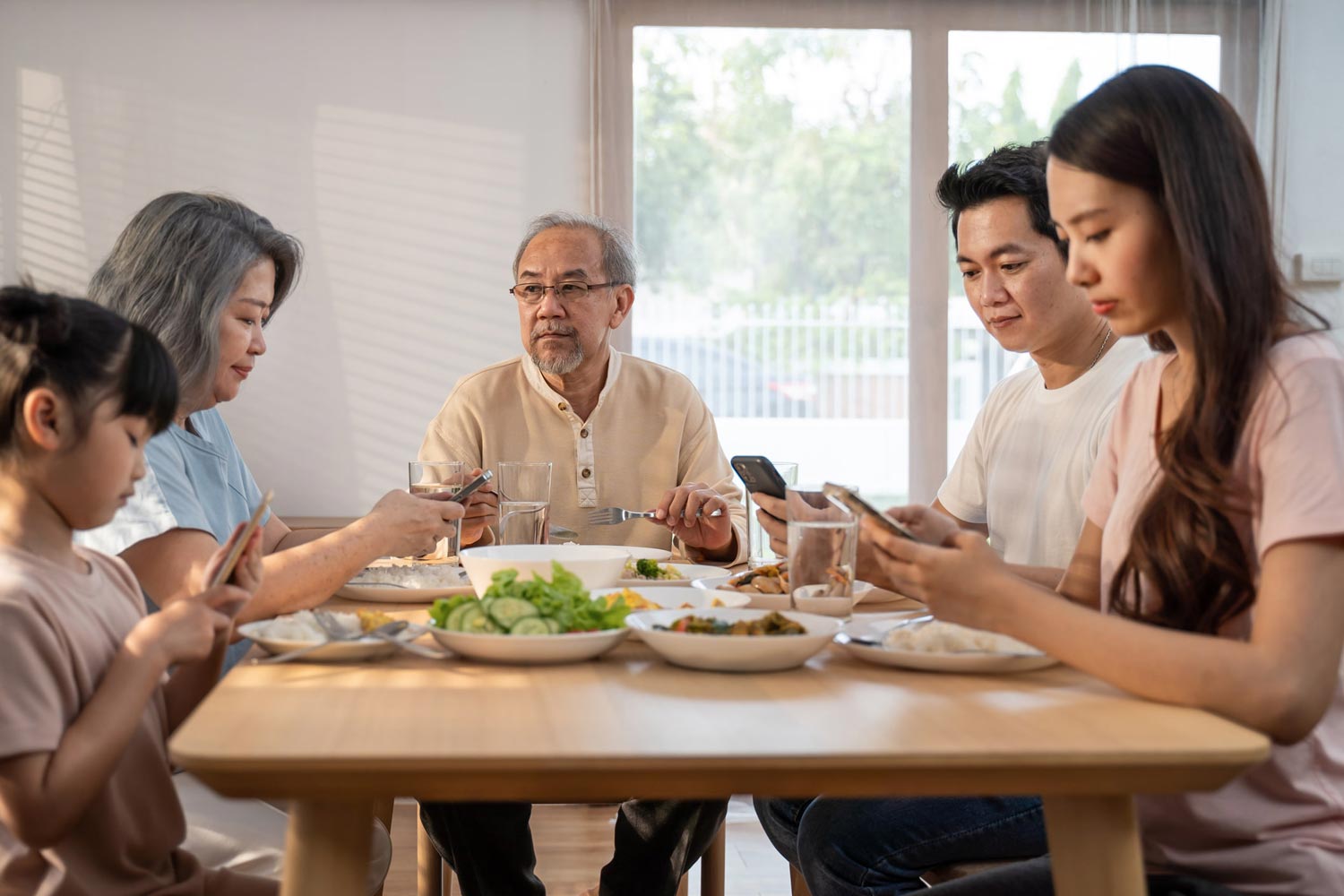Coping With Conflict: How to Avoid the Impact Caregiving Can Have On Your Family
Coping With Conflict: How to Avoid the Impact Caregiving Can Have On Your Family
Caring for aging loved ones can often be a trigger for family conflict. Siblings and other family members often struggle with issues like finances, how the caregiving responsibilities get divided, resentment over being the primary caregiver, resentment over feeling others are taking over, and disagreements about the aging persons' care needs. The caregiving relationship can also have a ripple effect, creating strain in marriages, affecting friendships, and impacting children. Conflict and stress have harmful effects on relationships of all types. It impacts the emotional well-being of the care recipient, exacerbates caregiver stress, and takes a toll on everyone involved. Understanding how conflict can impact different relationships is a good start to preventing it. We've also rounded up some of the best conflict resolution strategies to help cool things off before they get too heated, allowing everything to navigate the path forward in harmony.
How Caregiving Impacts Different Relationships
Caregiving can bring families and people together. It can also tear them apart, catching caregivers by surprise by the impact it can have. The good news is there's always a way to find a positive way to move forward together, something that's even easier if you're prepared for the potential pitfalls.
Marriages There's only so much time in the day. More than 50 percent of caregivers are married, according to AARP and the National Alliance for Caregiving's study, "Caregiving in the U.S. 2020." As the caregiving relationship progresses and takes time and attention away from the caregiver’s marriage, it's not uncommon for spouses to feel as though they're being put on the back burner. It helps to talk about expectations and make sure you set aside some time for each other on a regular basis.
Kids Children don't always understand why they're not getting the same level of attention and time they've always gotten from you. That can lead to stress and guilt on your part and resentment on their end. But if you prioritize dedicated time and preserve family rituals like meals and bedtime, it can keep you both feeling stable and connected. It also helps to include kids in caregiving when it's appropriate.
Other Family Members Sibling rivalry doesn't always go away when you grow up. The caregiving relationship and the new dynamic it thrusts the family into can revive those power struggles, financial arguments, and feeling the responsibilities aren't being divvied up evenly can wreak havoc on siblings and other extended family relationships. Frequent communication to keep everyone in the loop about your aging parent's condition, caregiving needs and the plan moving forward can help you come up with an agreed-upon caregiving plan that gives everyone a role.
Conflict Resolution 101
Keep the caregiving relationship and your relationship with others working smoothly by lowering the temperature in the room before it boils over. How you choose to handle conflicts can make a big difference in your family dynamics. Communication is one of the biggest ways to prevent and cope with conflict. Here are three additional strategies to try:
- Take a mindful approach: When you go into a conversation insisting that your point of view is the only "right" one, it keeps you from being able to respond well to the conversation. When everyone comes to the table with this same mindset, it only reinforces "you versus me" while getting you nowhere fast. Instead, go into conversations with a flexible point of view and respond with compassion and thoughtfulness.
- Find areas where you can agree: Ultimately, you all want the same thing - for your aging loved one to get the best care. Having an honest conversation is the most effective way to find the things you can all agree upon. These are points you can go back to when things get tough.
- Take a mindful approach: When you go into a conversation insisting that your point of view is the only "right" one, it keeps you from being able to respond well to the conversation. When everyone comes to the table with this same mindset, it only reinforces "you versus me" while getting you nowhere fast. Instead, go into conversations with a flexible point of view and respond with compassion and thoughtfulness.
- Find areas where you can agree: Ultimately, you all want the same thing - for your aging loved one to get the best care. Having an honest conversation is the most effective way to find the things you can all agree upon. These are points you can go back to when things get tough.
- Create a caregiving plan: Everyone should be involved in some way, but that doesn't mean everyone can provide the same level of caregiving. Start by letting people take tasks that meet their strengths. Even if someone lives far away, the person might be able to help by taking over financial matters and checking in regularly by phone and video chats. Create a schedule so everyone knows who's doing what and when.

